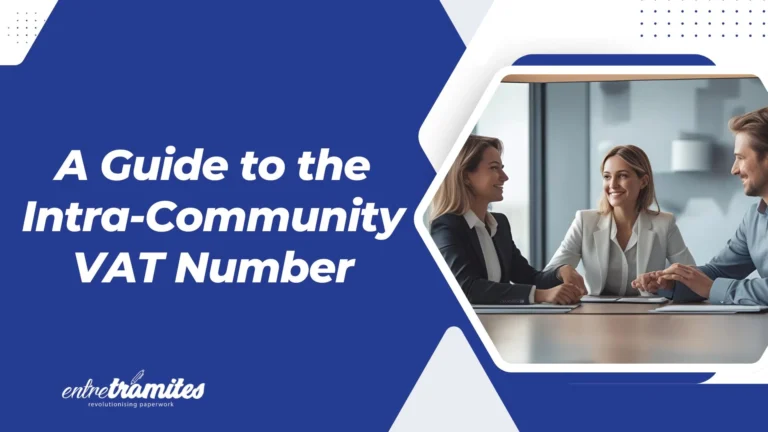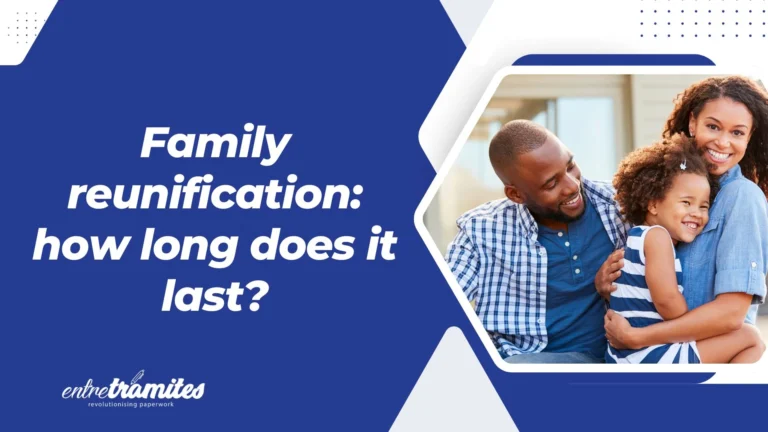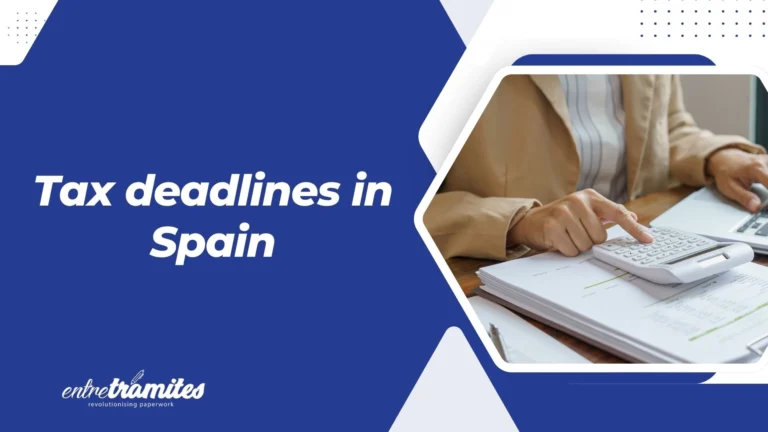In the dynamic European single market, the ability to do business without borders is a reality that offers immense opportunities. However, to operate successfully and avoid fiscal surprises, it is essential to understand and comply with certain requirements. One of the most important is the Spanish Registry of Intra-Community Operators (ROIS), which grants you the essential intra-community VAT number. If you are a company or a self-employed professional in Spain looking to expand your operations beyond its borders, this article is your essential guide.
What is the ROIS and Why Is It Indispensable?
The Registry of Intra-Community Operators (ROIS) is a census managed by the Spanish Tax Agency that includes all individuals or legal entities that carry out commercial operations with other member countries of the European Union. Being registered in the ROIS is an absolute prerequisite for your transactions of goods and services with European partners (clients and suppliers) to be VAT-exempt at the source. This applies the principle of the reverse charge mechanism or the intra-community acquisitions regime, as appropriate.
Without this registration, every time you sell a service or product to a company in France or acquire goods from a supplier in Germany, you would face a double tax burden or the need to pay VAT in the country of origin. This would enormously complicate fiscal management and your competitiveness. The intra-community VAT number is, in essence, your fiscal identifier recognized at a European level, ensuring that your operations are carried out under the EU’s harmonized tax regulations.
When is it Mandatory to Register with the ROIS?
The obligation to register with the ROIS arises when your business or professional activity involves any of the following intra-community operations:
- Intra-community supply of goods: When you sell products to companies or professionals established in another EU member state.
- Intra-community acquisition of goods: When you buy products from companies or professionals in another EU member state.
- Intra-community supply of services: When you provide services to companies or professionals in another EU member state.
- Intra-community acquisition of services: When you receive services from companies or professionals in another EU member state.
Imagine you are a self-employed graphic designer in Madrid and have secured a project for a marketing agency in Lisbon. For you to be able to invoice without applying Spanish VAT and for them to correctly declare the VAT in Portugal, your intra-community VAT number needs to be active and recognized in the VIES (VAT Information Exchange System). Otherwise, you would have to issue the invoice with Spanish VAT, which would be incorrect and would cause problems for your client.
The Application Process: Forms and Requirements
The procedure to apply for registration in the ROIS is relatively simple but requires attention to detail. It is done by submitting Form 036 (declaración censal for registration, modification, and deregistration from the census of businesspeople, professionals, and retainers).
Within this form, you must check the corresponding box to request registration in the Registry of Intra-Community Operators. The Tax Agency will subsequently verify your actual business activity and the need for this number, and may request additional information or even perform a verification visit. The process can take up to 3 months. Once approved, your intra-community VAT number will be your NIF preceded by the country’s ISO code (ES in Spain’s case), for example, ESB12345678. It is crucial to verify that this number is validated in the VIES system, a European database that allows operators to verify the validity of their business partners’ VAT numbers.
Advantages and Consequences
The advantages of being registered in the ROIS are clear and substantial for any company or self-employed professional with an international outlook:
- VAT exemption: Both in your sales and purchases, you avoid double taxation and simplify fiscal management.
- Improved competitiveness: By not having to add VAT to your invoices to European clients, your prices are more attractive.
- Legal compliance: You operate within the European legal framework, avoiding penalties and problems with the Tax Agency.
- Access to the single market: It facilitates the expansion and growth of your business at a European level.
On the other hand, the consequences of not being registered with the ROIS when your activity requires it can be very damaging:
- Double taxation: You would have to pay VAT in the country of origin of the goods or services, and potentially in Spain, or incorrectly apply Spanish VAT to your European clients.
- Loss of competitiveness: Your products or services would be more expensive due to VAT, discouraging European clients.
- Penalties and surcharges: The Tax Agency can impose fines for non-compliance with census obligations and the incorrect declaration of VAT.
- Problems with business partners: Your European clients or suppliers might not want to do business with you if you cannot issue or receive invoices with the correct intra-community VAT treatment.
A practical case could be a software company in Barcelona that contracts web development services from a freelancer in Ireland. If the Spanish company does not have a valid intra-community VAT number, the Irish freelancer would have to issue the invoice with Irish VAT, which would mean an additional cost and an unnecessary administrative complication for the Spanish company.
Frequently Asked Questions (FAQs)
How long does it take for the Tax Agency to grant ROIS registration? The estimated time is usually up to three months, although it can vary. During this period, the Tax Agency may request additional information or carry out checks.
What do I do if my intra-community VAT number does not appear in VIES? If your VAT number has already been granted and does not appear in VIES, contact the Tax Agency. There may be a delay in the database synchronization or an error that needs to be corrected.
Is the ROIS the same as the Intra-community VAT number? The intra-community VAT number is the fiscal identification you obtain when you register with the ROIS. The ROIS is the registry where operators are enrolled. One is the registry, and the other is the identifier.
The Registry of Intra-Community Operators (ROIS) and obtaining the corresponding intra-community VAT number are not just administrative procedures but a fundamental part of your business strategy if you aspire to operate in the European market. It is your fiscal passport for conducting seamless and tax-efficient operations with clients and suppliers in the European Union. Ensuring you are correctly registered and that your intra-community VAT number is validated by the VIES system will allow you to make the most of the advantages of the single market, avoiding complications and ensuring compliance with your tax obligations. It is an investment of time that translates into savings and peace of mind for your business.
If you need personalized assistance, at Entre Trámites we offer management and tax advisory services for freelancers and SMEs. You can contact us through this contact form for us to call you, or if you prefer, you can schedule a free consultation or write to us on WhatsApp.





